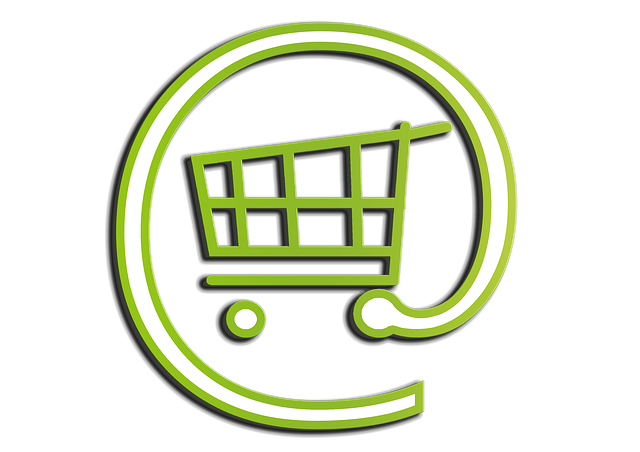Ecommerce retailers face challenges in managing operations across multiple channels and meeting customer expectations for seamless interactions. Ecommerce automation tools using AI workflow integrations and chatbots streamline processes, enhance efficiency, and improve customer service. Top ecommerce automation tools provide comprehensive features, integrate with platforms like Shopify and eBay, automate tasks, and enable demand prediction and personalized marketing, freeing up resources for growth. Implementing these tools is crucial for maintaining competitiveness in the digital era, offering seamless customer journeys, 24/7 support, and targeted messaging, enhancing efficiency and fostering stronger customer relationships.
In today’s competitive landscape, managing multichannel sales is a complex task for e-commerce businesses. With customers expecting seamless and consistent experiences across various channels, understanding the unique challenges of this approach is crucial. This article explores powerful ecommerce automation tools designed to handle multichannel sales, offering efficient solutions for inventory management, order fulfillment, and customer engagement. By implementing these tools, businesses can streamline operations, enhance customer satisfaction, and stay competitive in a dynamic market.
- Understanding Multichannel Sales Challenges
- Key Features of Top Ecommerce Automation Tools
- Implementing Automation for Seamless Cross-Channel Experience
Understanding Multichannel Sales Challenges

In today’s competitive market, businesses are adopting multichannel sales strategies to reach a wider customer base. However, managing operations across multiple channels presents significant challenges for ecommerce retailers. These include inventory synchronization, order fulfillment, and ensuring consistent customer experiences across various platforms. The rise of online shopping has led to increased expectations from customers, who demand seamless interactions, quick response times, and personalized product recommendations.
Ecommerce automation tools play a pivotal role in addressing these complexities. By leveraging artificial intelligence (AI) workflow integrations and AI chatbots, retailers can streamline processes, enhance efficiency, and deliver superior customer service. AI-driven sales solutions enable automated inventory management, intelligent order routing, and proactive customer communication, ultimately fostering stronger relationships and driving multichannel success.
Key Features of Top Ecommerce Automation Tools

The top ecommerce automation tools offer a suite of features designed to streamline operations and enhance efficiency across various sales channels. Key among these are seamless ecommerce automation tools that integrate smoothly with popular platforms like Shopify, Amazon, eBay, and others, enabling businesses to manage orders, inventory, and customer interactions from a centralized dashboard. These tools leverage AI workflow algorithms to automate repetitive tasks such as order processing, inventory updates, and even basic customer support queries through chatbot automation.
Furthermore, advanced ecommerce automation solutions incorporate AI sales capabilities, leveraging machine learning to predict demand, optimize pricing, and personalize marketing campaigns. They enable dynamic product recommendations based on user behavior, enhancing the shopping experience and driving higher conversion rates. By automating these critical functions, businesses can free up valuable time and resources for strategic initiatives, focusing on growing their customer base and expanding market reach.
Implementing Automation for Seamless Cross-Channel Experience

Implementing automation for a seamless cross-channel sales experience is becoming increasingly vital as businesses strive to stay competitive in today’s digital landscape. Ecommerce automation tools play a crucial role in managing multichannel operations, ensuring a uniform and efficient customer journey regardless of the platform. By integrating these tools, retailers can streamline processes such as inventory management, order processing, and customer communication, thereby enhancing overall operational efficiency.
For instance, AI chatbots offer 24/7 support to customers, answering queries and guiding them through purchasing decisions across various channels. An AI funnel, on the other hand, can personalize marketing strategies based on customer behavior, improving conversion rates. Chatbot marketing, when leveraged with automation tools, enables businesses to deliver targeted messages at every touchpoint, fostering a more engaging and responsive relationship with their audience.
Ecommerce automation tools are revolutionizing multichannel sales by streamlining processes and enhancing customer experiences. By understanding the challenges of managing multiple channels and leveraging key features like inventory synchronization, order fulfillment, and marketing automation, businesses can create a seamless, efficient, and engaging shopping journey for their customers. Implementing these tools strategically ensures a competitive edge in today’s digital marketplace.
